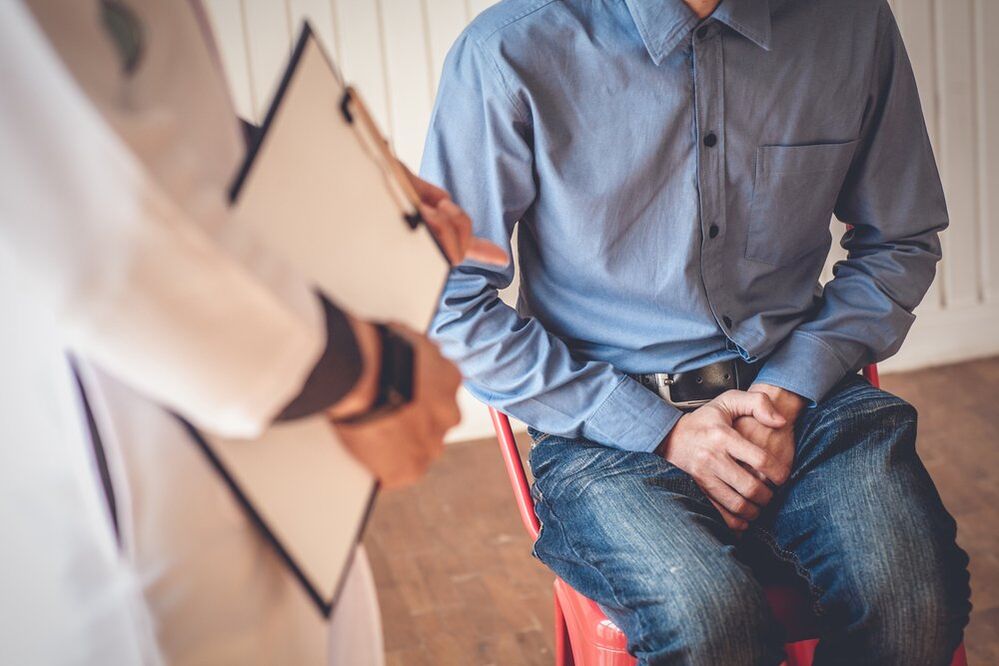Chronic prostatitis is a long-term inflammatory process localized in the tissues of the prostate gland, which leads to a violation of its functional activity. This disease is common in men. If left untreated, it can cause secondary inflammation of other organs of the genitourinary system, the development of erectile dysfunction and infertility. In this article, we look at chronic prostatitis in men about its symptoms and treatment.
Clinical picture in chronic prostatitis

The main symptom of chronic prostatitis is constant pain. The pain syndrome is localized to the perineum, groin, and supraclavicular region. It increases at the beginning and at the end of ejaculation, at the time and after ejaculation, with prolonged periods of non-copulation. The intensity of pain varies from patient to patient. Some men report moderate discomfort, others report severe pain.
Another characteristic symptom is an increased urge to urinate. A sick man reported that the desire to urinate has become more frequent. In this case, the process of urination is accompanied by pain. The patient must make an effort to initiate imitation. Urine flow becomes weaker and intermittent, with a feeling that the bladder is not completely empty.
Chronic prostatitis is often accompanied by impaired sexual function. Patients with this disease have weak erections, premature ejaculation, decreased sex drive, frequent nocturnal erections, etc. All this has an extremely negative effect on the psychological state of a man.
During exacerbations, the clinical picture is complemented by a violation of the general condition. Symptoms such as weakness and decreased performance, loss of appetite, and a slight increase in body temperature may be present.
Principles of treatment of chronic prostatitis
First of all, in chronic prostatitis, antibacterial drugs are prescribed, choosing based on the sensitivity of the pathogen. The course of antibiotic treatment is at least two weeks.
You can put an end to pain syndrome with the help of non-steroidal anti-inflammatory drugs. Restoring urodynamics will help with alpha-blockers.
It should be noted that any drug should be used only as prescribed by a doctor.
In chronic inflammatory disease, one of the main points of treatment is prostate massage. However, it is strictly contraindicated in acute inflammatory processes.
In addition, various physiotherapeutic approaches, such as magnetic therapy or electrophoresis, have been demonstrated in the treatment of chronic prostatitis.
In the event that any complications develop, the matter of surgical intervention, for example, prostatectomy, can be decided.
































